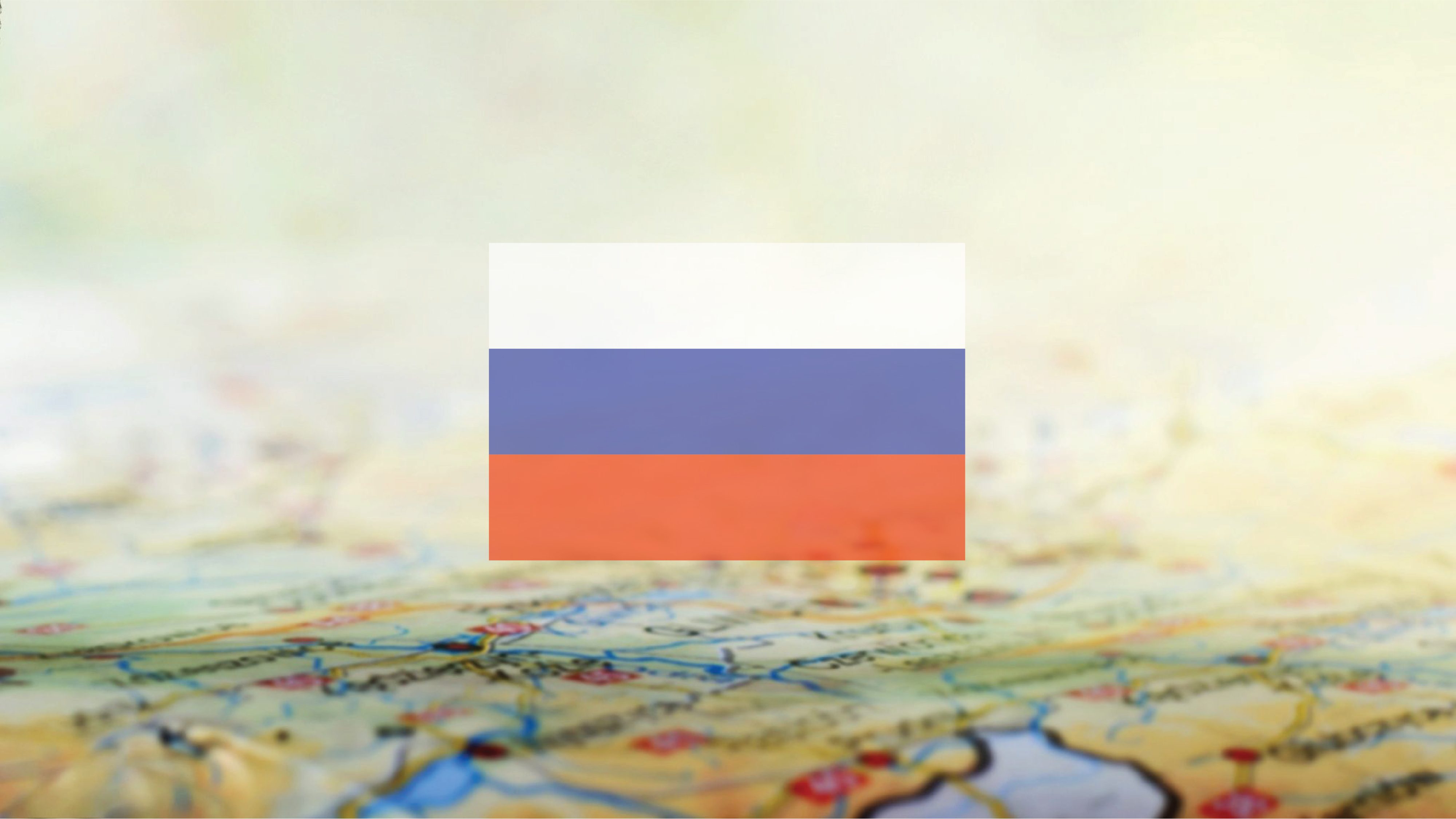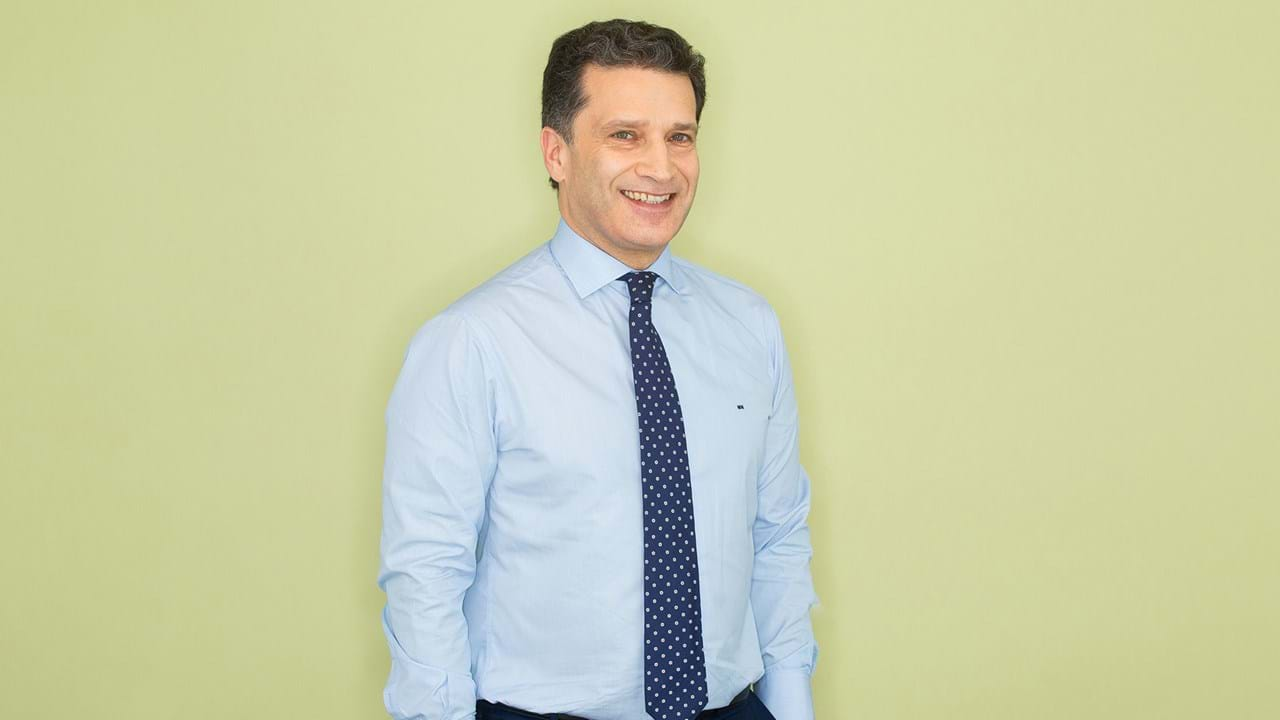09.03.2022
Sanctions on Russia and their effectiveness
Last updated: 9 March 2022
In recent years, Russia has increasingly become a sanctions target, especially from the European Union (“EU”) with the first restrictive measures applied to the country following Russia’s illegal annexation of Crimea in 2014.
These sanctions included asset freezes and visa bans on members of the Russian elite, separatists and entities associated with them. Only after the accident with the flight MH17 we saw new restrictive measures, which were intended to affect the Russian economy, particularly in its financial, defense and energy sectors. Thus, access to the European capital market was restricted; the exchange of arms and dual-use civilian and military goods (such as lasers and electronic circuits) was prohibited; and the export of innovative deep-sea extraction technologies and services was banned.
In response to the annexation of Crimea, imports from the EU were also banned on the peninsula, investments were prohibited, and tourism services were banned, which greatly affected the economy, with these losses estimated at around 90% in terms of foreign trade. Despite Russia’s efforts to compensate for these losses by making transfers of $35 billion, Crimea’s GDP per capita is just above €3,000 compared to the national average of €7,550.
Later, already in 2018, in response to Russia’s actions, such as the dissemination of false information, cyber-attacks and assassination attempts with chemical weapons, an asset freeze and visa ban was enacted on persons and entities involved in these three actions, with the majority of those involved being Russian citizens.
These restrictions have been applied not only by the EU, but also by the United States, which has been even more proactive, not only because they are easier to apply (they may be imposed by acts of Congress or executive orders of the President, unlike the European Union, where it may only be decreed by the Council with the agreement of the Member States), but also because they do not depend so much on trade with Russia, not suffering with the application of these measures as the EU does, which ends up having losses of the same magnitude as the Russian country, despite having a smaller impact, since it has an economy 10 times larger.
In response to these sanctions, Russia reacted and not only stopped importing any food products from abroad, but also created a black list of people banned from entering the country.
It is important to understand whether these sanctions have had an effect.
Regarding the defense sector, Russia was forced to look for alternatives, which created delays in the various projects it had outlined, such as the space program and the construction of warships. The impact arises from the restrictions on loans and not exactly from the prohibition on exchanging weapons, since Russia started trying to produce everything on national territory, looking for components in Asian countries.
Not only was the energy sector not affected, but it ended up thriving in recent years, as the devaluation of the currency led to a reduction in production prices, which allowed Russia to build three new gas pipelines since 2017.
On the financial front, Russia was reliant on Western financial markets for funding, running over 659 billion in debt in June 2014, which coupled with currency devaluation brought banks to the brink of collapse. However, the government eventually intervened and today the banks are much more stable, profits have risen and share prices are at or above previous levels.
Russia has shown a capacity to adapt to the sanctions and Vladimir Putin has even stated that they have made Russia stronger, but although this so-called self-sufficiency increases resilience to outside threats, it also makes it more difficult for Russia to benefit from global growth, which has been around 20% in recent years as opposed to 6% in Russia.
Calculating the effectiveness of these sanctions is naturally difficult, but it is estimated that sanctions have an impact of 0.2% to 2% of GDP per year. Notwithstanding Russia’s ability to adapt to them, it is believed that these new, more aggressive measures will have a greater impact on the economy and will be more difficult to overcome. As Alexey Navalny mentioned, the previous sanctions, mentioned here, did not really hit the Russian elite and did not prove to be strict enough, so it is believed that the new restrictive measures adopted in the context of the invasion of Ukraine will ultimately have more impact and a greater deterrent effect on the civilian and military authorities.




